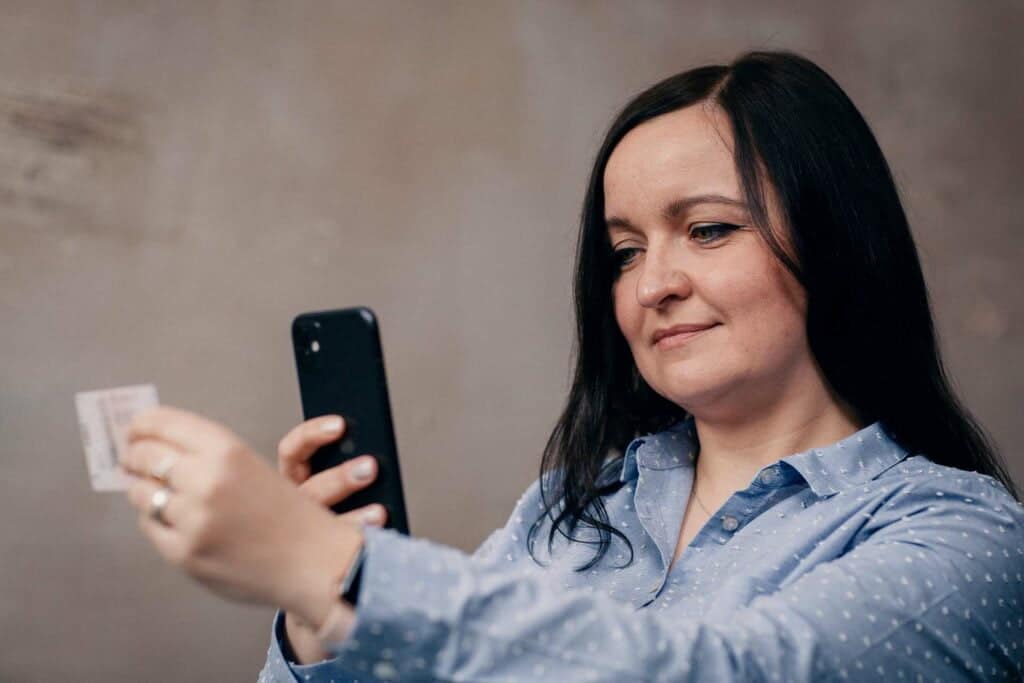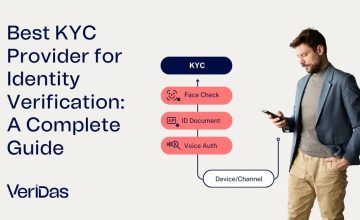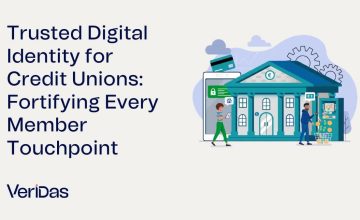The origin of passwords
World Password Day, celebrated this May 5, is an excellent time to remember the origin of this identification method and to try to elucidate its future in modern society. While security is a priority for all of us, it took on an even more vital nuance during ancient wars. Perhaps in those medieval times, the password was born; military leaders devised a system to prevent skirmishes between soldiers on the same side by which they could recognize each other, which was called the “watchword“.
Every day, a different saint and a different password were chosen and communicated to the leaders of the troops. They could identify soldiers of the same side to avoid nighttime misunderstandings when the sight was not reliable. It doesn’t take much thought to glimpse the potential problems with this method, but it wasn’t as if they had much choice at the time.
Passwords are not secure
Today, we may believe that our password security systems are much more secure. Still, the reality is that 95% of IT professionals believe that passwords represent a security risk to their organizations, according to a study by LastPass.
But why do passwords represent such a high risk? It is due to the human behavior factor. From relying solely on memory to writing them down on Post-it notes, there are many areas of improvement for password management that make them prime targets for digital risks such as hacking.
However, this situation was becoming increasingly complicated due to the number of passwords we have to remember or store. Streaming platforms, social networks, and personal and work email, the number of accounts that must be created and protected from third parties is increasingly high. For this reason, many people choose to repeat the same passwords. This is a practice that represents an increased risk in a data breach.
Against this backdrop, more than half of IT professionals prefer to have another protection method for their accounts that do not involve passwords. Up to 65% believe that the use of biometrics would increase security in their organization, according to a study by the Ponemon Institute.
The solution: biometrics
For that reason, the ideal future would involve forgetting about passwords and opting for a much more reliable solution, something we can only have thanks to modern technology. At Veridas, we believe that this solution lies in biometrics. For example, thanks to innovations in software development, it is now possible to identify a person by voice in as little as 3 seconds. This, regardless of the language they speak or the exact words they say, whether in person or even remotely.
Some might argue that two-step identification processes are also an alternative, but if the device used for authentication is stolen, misplaced, or broken, vital data could be exposed.
The idea is to shift the paradigm away from the presumption of “what we know” or “what we have,” which is how passwords have worked so far, to “who we are”, people with unique qualities that cannot be duplicated. Since biometric authentication is based on non-transferable attributes, it will allow us to evolve into a password-free world where we feel more secure and have fewer complications.







